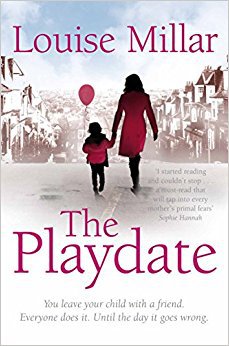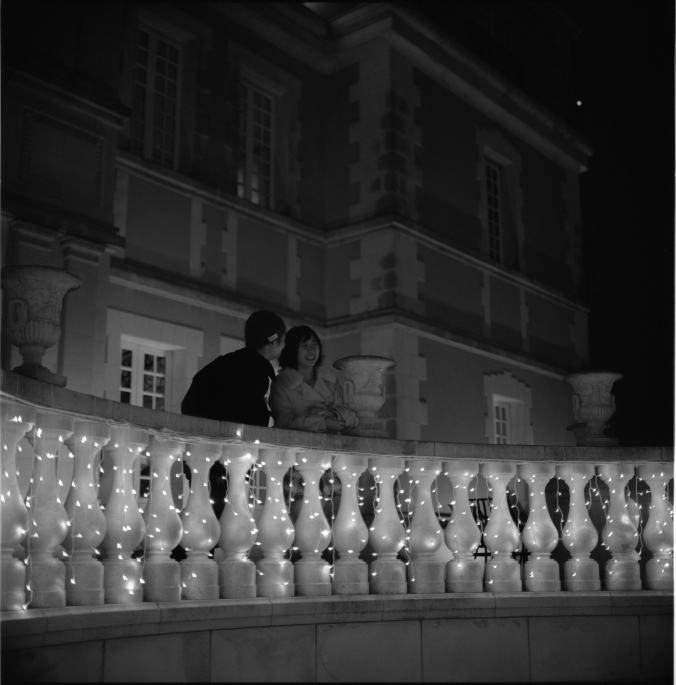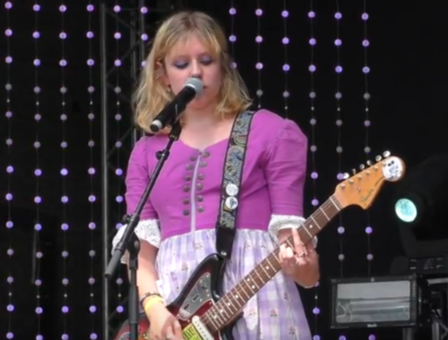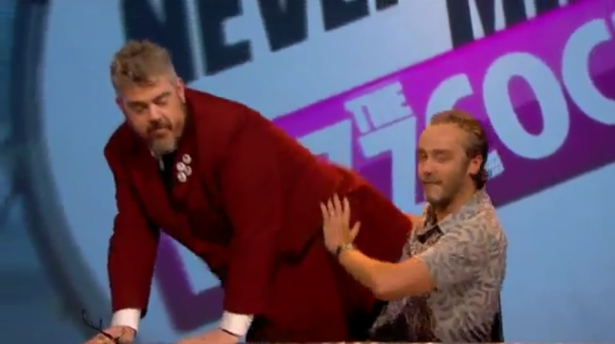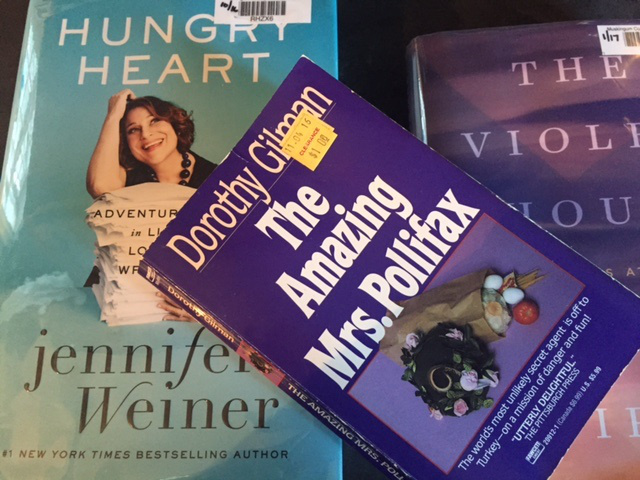
A series mystery, a memoir, and a memento mori walk into a library. Only two of the books make it onto the “Exciting New Reads’ shelf.
************
I am lounging in the library as my son browses the films and the graphic novels. I have dozens of books to read at home, so there is no point at all in browsing the New Books.
But what the heck: none of the periodicals call to me today. Why don’t I just look?
Ten minutes later, I have checked out two books and I am sitting at a table, looking through Jennifer Weiner’s Hungry Heart. I just read a very positive review of it, and of the other book, Katie Roiphe’s The Violet Hour.
Jim comes, beaming, from the circulation desk with a triumphant stack of DVD’s and a couple of graphic novels, and we bundle things into canvas bags and head home.
************
Hungry Heart is a memoir, sort of, a largely linear tale of Weiner’s life, interspersed with a couple of interesting essay-chapters on subjects related to writing. I like the narrative voice right from the start–it is sassy but self-deprecating, casual but very, very smart.
I learn that Weiner was a chubby kid whose parents divorced, whose father (a psychiatrist) developed some pretty serious issues himself, and whose mother embraced her true gender identity after the split. The dad mostly disappeared, surfacing, to submit his kids to bizarre public behavior and to ask for money, only rarely.
But the rest of the nuclear family–Mom (Fran), Jennifer, her sister, and two brothers,–stayed tight. Weiner’s stories reveal a close and loving family bond cemented by humor.
Hungry Heart tells the stories of Weiner’s successes and her quests—her yearning to be thin, her weight reduction surgery, her romances, failed and fruitful. I learn that she is a smart and serious scholar of English literature, one who easily got into Princeton, worked hard and graduated into a series of progressively more important jobs at a variety of newspapers. She married a very nice man and has two daughters; they divorced, but remain friends and co-parents. And she married Bill, who knew her when and who, at the right time and in the right place, is ready to commit to the next, shared adventure.
She buried her father, who died in sad straits, fallen far from his once highly respected status.
She writes, Weiner does, about raising her daughters, about weaving her mother’s partners into family life, and about the foibles and accomplishments of her siblings. She writes about BFF’s, and she writes about dogs. She tells us what it was like, having her second book made into a wonderful movie.
I haven’t read any of Weiner’s books, but I did watch In Her Shoes on DVD after reading a review that said it was smart and touching and very well-written. Great acting, too.
I loved that movie–such fun.
And I have to say this: I haven’t read Weiner’s books because they were labelled ‘romance,’ dubbed chick lit,and I don’t normally read that kind of literature.
************
Eeeeeeuw. How snooty. How…English teacher-y. As if I’m too…smart, sophisticated, intellectual for something labelled ROMANCE.
That snobbishness is a subject Weiner tackles in a chapter called “Twitter, Reconsidered.” She talks about the stuck-up response of critics and pundits to work than can be considered chick lit. And as chick lit developed into a genre, Weiner recalls, the in-the-know-y kinds of people began to discard books so labelled; they pinced those books in two wary fingers, dropping them with that look on their faces that says, “What IS that awful odor?”
“Chick lit,” Weiner writes, “thundered an (anonymous, of course) editor, was ‘hurting America.’ It was driving real literature off the shelf, forcing high-end writers to turn their framed MFA toward the wall and insert gratuitous scenes of giggly brunches and drunken sexcapades into their serious works of fiction.”
I caught the disdain virus; I never even picked up a copy of a Weiner book, although I’d read how popular she was. Too…light, I thought, smugly.
***************
So I finished Hungry Heart with that thought on my mind, and I went looking for a nice palate-cleansing kind of read: something just for fun before I tackled the Roiphe book, which is a collection of reflections on great writers–Susan Sontag, Maurice Sendak, Dylan Thomas, among others–facing their own deaths. Weiner’s book had left me with a great deal to think about–about what constitutes great writing, about how images of beauty shape our values and perceptions, and about whether or not all writers have been lonely children.
I needed something compelling and distracting and FUN as my subconscious digested all those wrestly kinds of topic.
I found a Dorothy Gilman mystery, The Amazing Mrs. Pollifax, on the most recent stack of treasures I’d rescued from the used book store clearance rack. I have been looking for a fun, engrossing mystery series. Mrs. Pollifax was a 1970’s era grandmotherly type who loved hats, her garden club, volunteering at the local hospital once a week…and doing the odd job for the CIA.
This episode took her to Istanbul and to dangerous nether regions in Turkey, pitted her against sneaky, nefarious villains, but it also armed her with her own wiles and karate skills, and gave her unlikely and worthy companions. The book is not completely saccharine–a nice man dies in the endeavor to rescue a double agent–but the good guys win in the end,and Mrs. Pollifax, unassuming and easy to dismiss, is in all ways a hero.
It was a delightful book and I read it right through in the nooks and crannies of one busy day, feeling just a little bereft when it was done.
I think it qualifies as chick-lit.
****************
So. Palate cleansed, I picked up The Violet Hour. And let me say this: Roiphe writes beautifully–I found that her prose lilted and shone. (“I learned how they faced or did not face, embraced or evaded, made peace with or raged against death, sometimes all at once,” she writes of the authors she studies in her preface, for example.)
Halfway through the first section, the part about Susan Sontag’s death from leukemia in her seventies, I put the book down and closed it for good. Well-written or not, the reading coincides with the final illness days of my wonderful friend Kim, herself a writer, herself concerned with ‘making a good death.’
Some words, no matter how beautifully written, cut sharp and deep, too close to the bone.
And some things must be lived through in the moment, and not, in that moment, read about.
******************
Those three books, layered on each other, made me think about what we consider “worthy reading.”
I thought about Weiner, a Princeton grad writing books about ordinary women and promoting what she calls ‘body positivity.’
I thought about Dorothy Gilman, who attended the Pennsylvania Academy of Fine Arts and the University of Pennsylvania and Art Student League, who started writing at age 9, and who ultimately wrote 14 books in the Mrs. Pollifax series, among others. In her New York Times obituary, the writer noted, “Reviewers sometimes quibbled about the improbability of the novels’ basic premise.” But the obit also noted that Mrs. Pollifax was “…an irresistible, early feminist heroine.”
Weiner’s female characters could wear that mantle, too, and I intend to read her works (twelve novels, she has, now, to her credit, along with her memoir and the first in a YA trilogy.)
I will go back and read the Roiphe book when it doesn’t mirror my dear friend’s situation, when I can read those words in an objective, reflective mood.
And I will stop labeling books before I read them.
**************
I attended college in the 1970’s, when literati were arguing about ‘the canon,’ and about admitting women’s voices to that rarified group, along with voices from other cultures and from under-represented groups and viewpoints. For a long time, as a result, I refused to read anything but books written by women.
Shame on me for being so judgmental.
Because here’s what I think: we should read whatever speaks to us in the moment. It’s good to make ourselves stretch, reading things that challenge and enlarge our world view, our scope of consideration. It’s good, too, to read things that comfort and connect, that reinforce our dearly held beliefs.
We read both to grow and to affirm.
We shouldn’t limit ourselves because our society considers some genres ‘lowbrow.’ Wasn’t Dickens, after all, once considered a hack who cranked out stories for money? Time will test our current writers. In the meantime, we should enjoy what we enjoy.
So here’s what I’m thinking. I’m going back to the way I chose books as a child, poring through stacks, reading the book flaps, checking out a book based on how interesting it sounded. I didn’t read reviews back then, and I may just eschew them now, meeting each new work without preconceptions, and wading in to hear its voice.
Advertisements Share this:
